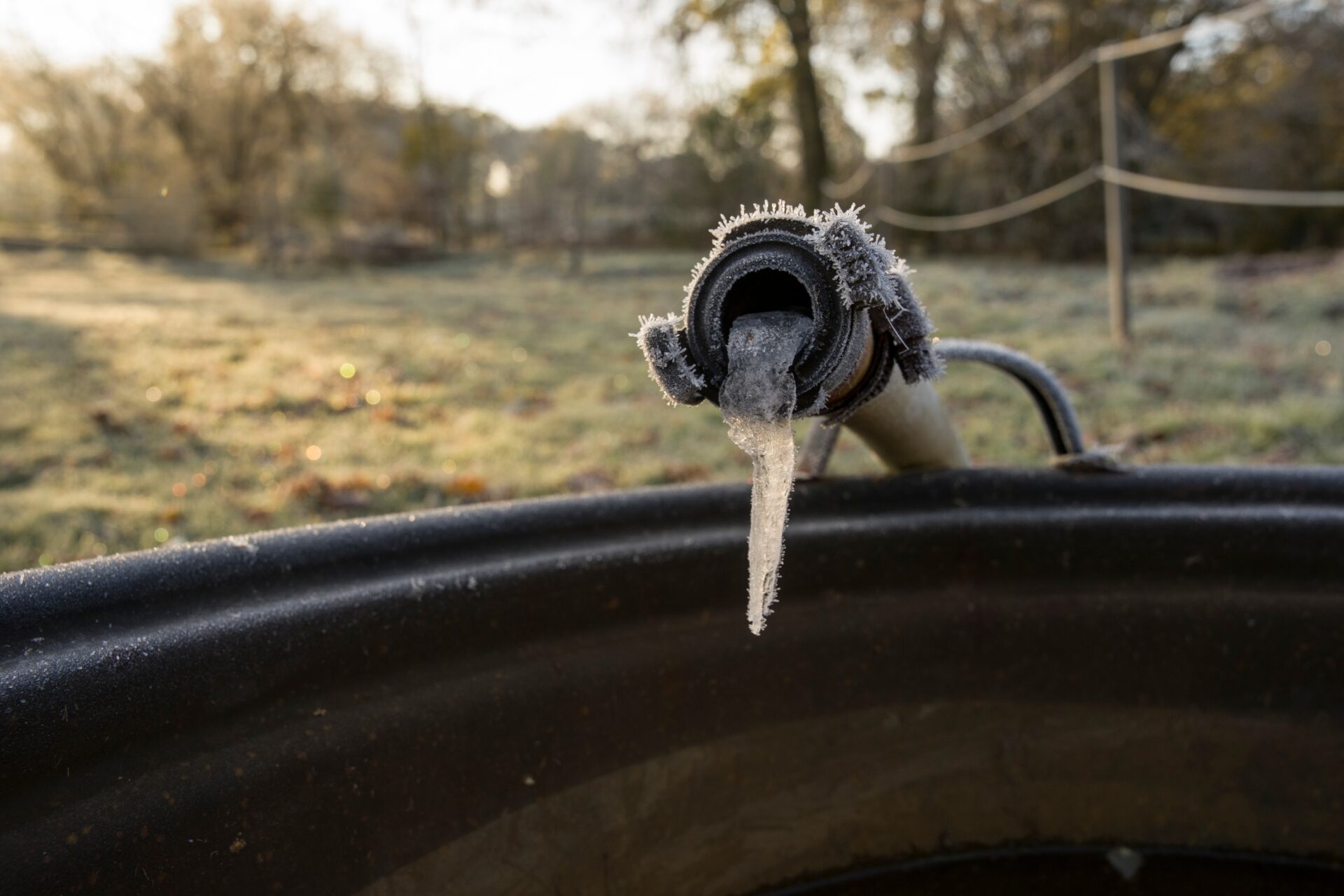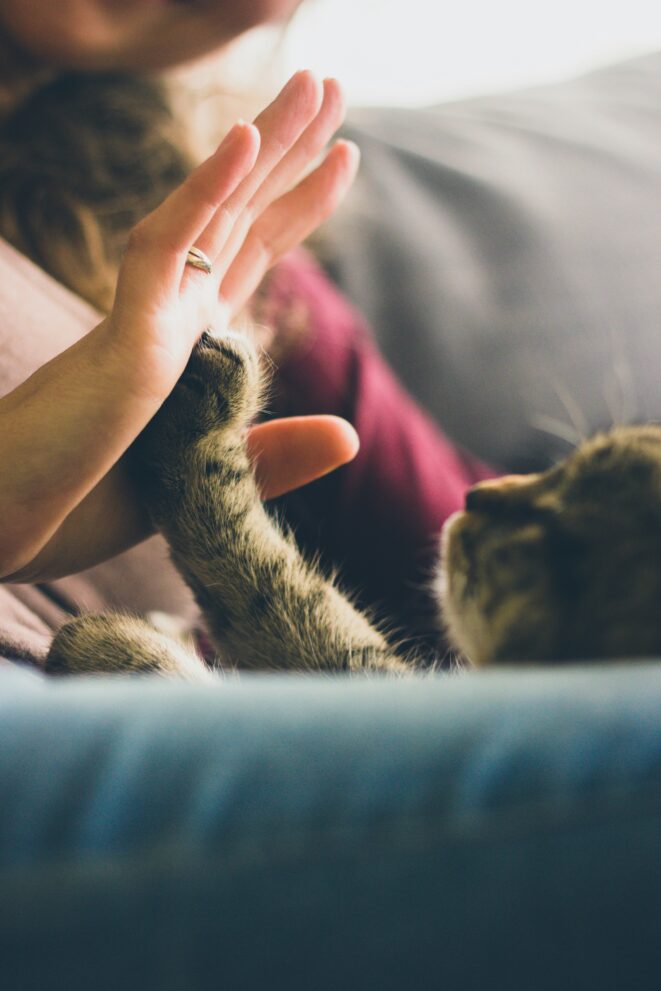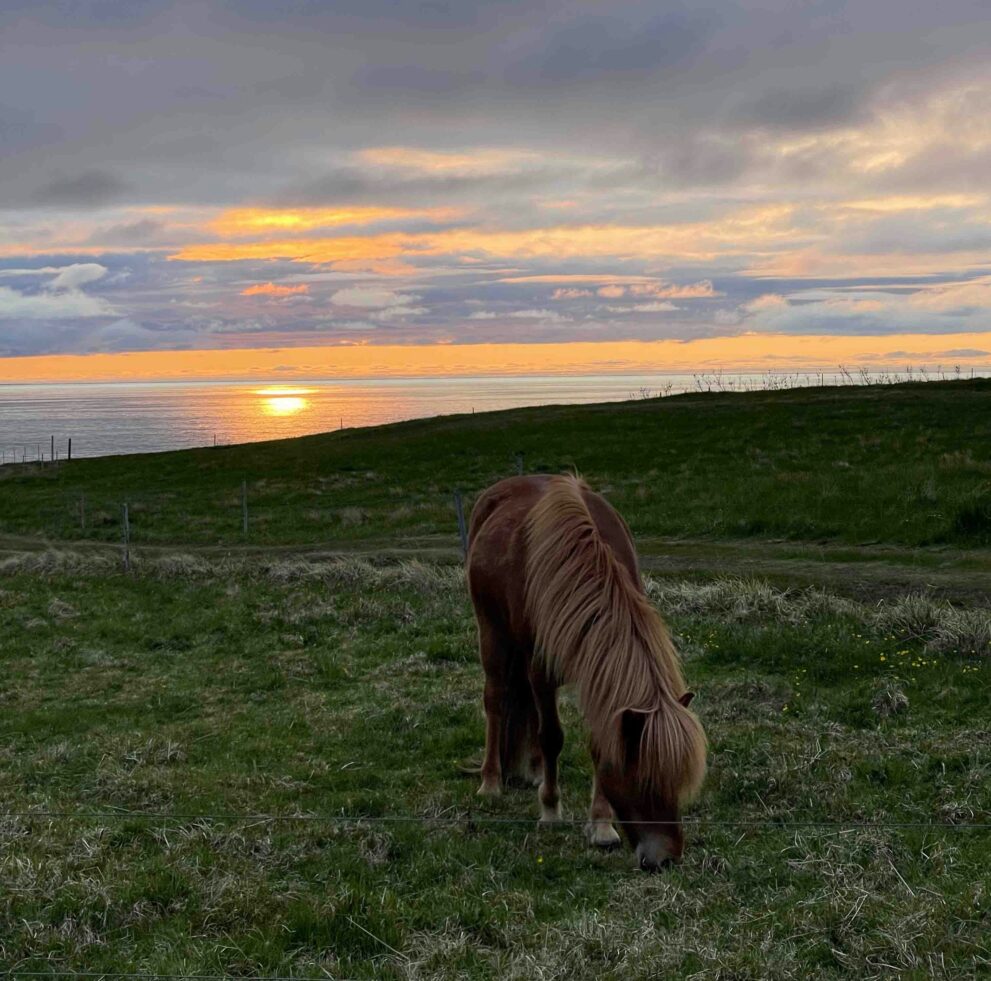Although colic can occur at any time of year, we tend to see an increase in a certain type of colic during the winter months, this is called impaction colic. An impaction occurs when faeces become stuck in the intestine and are unable to pass through, usually occurring at a part of the large intestine called a flexure. In these locations, the intestine turns a corner inside the horse’s abdomen, making it more likely for a blockage to occur, a bit like a u-bend under a sink!
What causes an impaction?
Horses have quite a sensitive gastrointestinal system, meaning that small changes in their diet can cause them to have a tummy upset, this can be seen as changes in the amount or type of faeces produced, or signs of discomfort.
A disruption to the intestine, such as a change in the type or frequency of food, sedation, stress or a change in the amount of water that the horse has been drinking can cause the intestine to become less mobile or affect the consistency of the faeces. When the faeces are drier than usual, it can be difficult for it to pass through the intestine. This can happen in winter if horses drink less than usual due to their water being cold or even frozen. Also if the horse is stabled more during the winter, they may start to eat their straw bedding due to hunger or boredom, increasing the dryness of the faeces.
How can I prevent it?
- If you are making any changes to your horse’s diet, you should introduce them gradually so as not to cause any digestive upsets.
- Check the water troughs regularly to ensure that the water hasn’t frozen.
- Warming the water in winter, or adding apple juice, can encourage your horse to drink more.
- Soaking the hay and adding extra water to the hard feed can increase your horse’s water intake.
- To prevent your horse from eating bedding, replace straw with another material such as shavings.
- Become familiar with the normal amount of faeces that your horse produces and check that they are continuing to produce this amount regularly.
- Traditionally, Epsom Salts were used to help keep the bowel hydrated if a horse was stabled for a prolonged period.
- Avoid lower-quality hay which may be more difficult for your horse to chew and digest.
- Encourage movement by turning out as much as possible and continuing to exercise during winter, remember horses usually move and graze continuously through the day so if they are spending a lot of time standing in their stable, this could lead to reduced gut motility.
What are the signs of an impaction colic?
Usually, you will notice that your horse is quiet, lying down more often, producing less faeces and has reduced eating and drinking. In some cases, more obvious colic signs may be seen, such as rolling, pawing at the ground and flank watching.
How is it treated?
If you notice that your horse is displaying unusual signs or isn’t passing enough droppings then you should call your vet. The vet will examine your horse, looking for signs of pain and dehydration, as well as performing a rectal exam to assess the quality of the faeces and any abnormalities within the abdomen. Usually, the vet will be able to feel a hard mass of faeces in the large intestine to confirm the diagnosis of impaction colic. Once a diagnosis of impaction has been made, your vet will administer pain relief and give the horse fluids, this helps to rehydrate your horse and encourage the faeces to be broken up so that it can be passed. Fluids are usually given through a stomach tube but in some cases, your horse may need intravenous fluids – and this may mean that they need hospitalisation. Although some horses recover quickly, occasionally several days of treatment is required to resolve the impaction.





